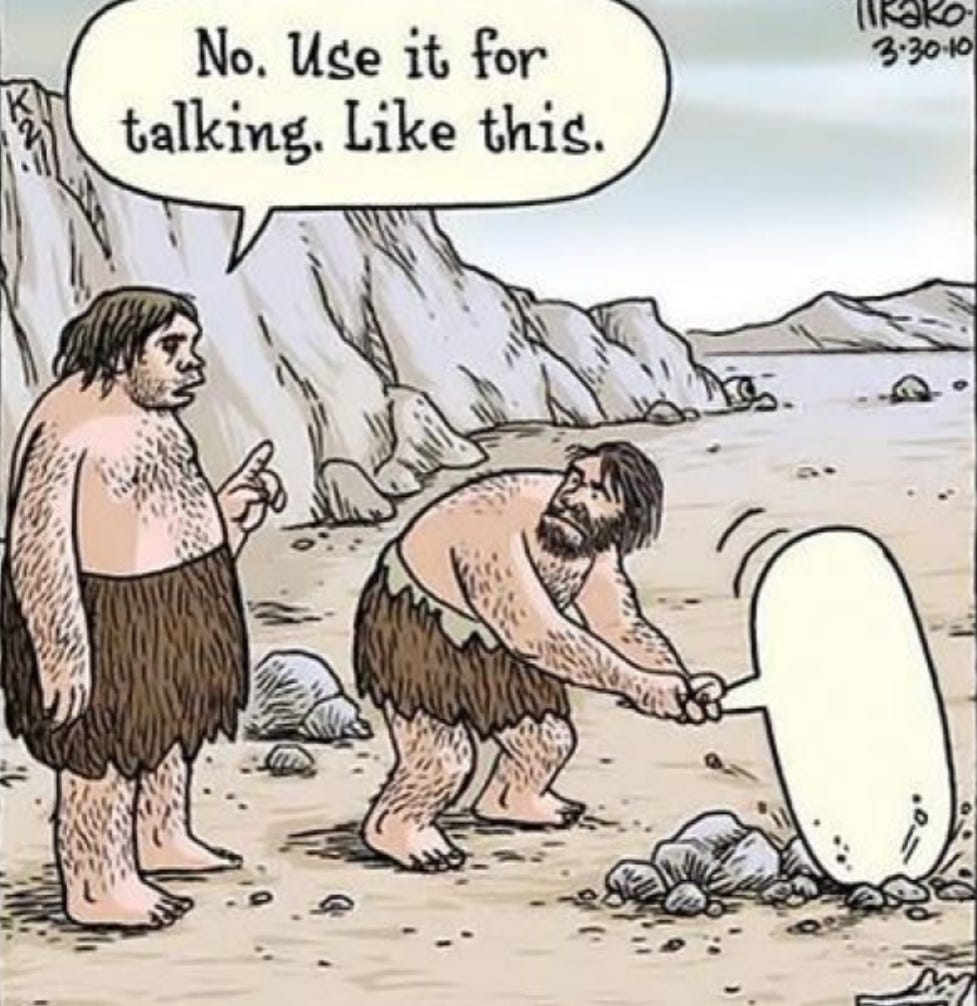Guest Post: Talking Like You’ll Win
What Founder Language Reveals Before Outcomes Ever Do
Every summer, we offer our summer scouts the opportunity to post a feature on Also Blog Posts. This week features a post from Esha Cyril, a rising Senior at John’s Hopkins studying Public Health and Economics.
The way a founder talks about decisions is one of the earliest signals of how they actually make them. Long before there’s proof in the numbers, language offers a window into their mental models: how they frame uncertainty, prioritize, and navigate complexity. This week I came across two studies that back that up.
Using ML models trained on open-ended language samples and validated through controlled decision-making experiments, the first study showed that specific language patterns such as causal explanations, counterfactual reasoning, and recognizing dissonance could predict someone’s decision-making style. This was echoed in the second study, which found that founders who used cognitively complex language were significantly more likely to raise funding. It wasn’t because the language sounded smart. It signaled an ability to hold multiple possibilities in mind, weigh tradeoffs, and adjust course as conditions evolve.
Across both studies, there are three key takeaways:
Cognitive style isn’t just visible in outcomes. It can be captured through how someone talks about their reasoning.
Cognitively complex language (reflecting lived decision-making, not complexity for its own sake) reflects cognitive flexibility. Neuroscience research links this to prefrontal cortex activity involved in model-updating, risk calibration, and adaptive decision-making. These are the same drivers of high performance under uncertainty.
The importance of language shows up even when founders say “it felt like” or “my gut told me.” Gut-based language is not filler. Much of the literature shows it reflects real-time internal cognitive calibration and fast, embodied judgment.
All of this shows up before outcomes, and the details in the language are where you hear it first.
I’m Esha, studying public health and economics at Johns Hopkins. Outside of clinical experience, my work spans rare disease drug development research, national health policy, and venture. Whether in clinical trials at a Series B immuno-oncology company, go-to-market strategy at a Series A digital health startup reforming substance abuse care, or mentoring promising lab spinouts through Johns Hopkins Technology Ventures, I’m committed to healthcare innovation. That focus led me to venture work at Soma Capital, where I sourced early health technologies and deepened my interest in personalized and preventive medicine, deep biology, and improving clinical care. Outside of supporting founders solving hard problems, I’ve played competitive racquetball for over a decade. Now at Also Capital, I’m learning that the same instinct from the court applies to investing—winning comes down to seeing the next move before it happens.



